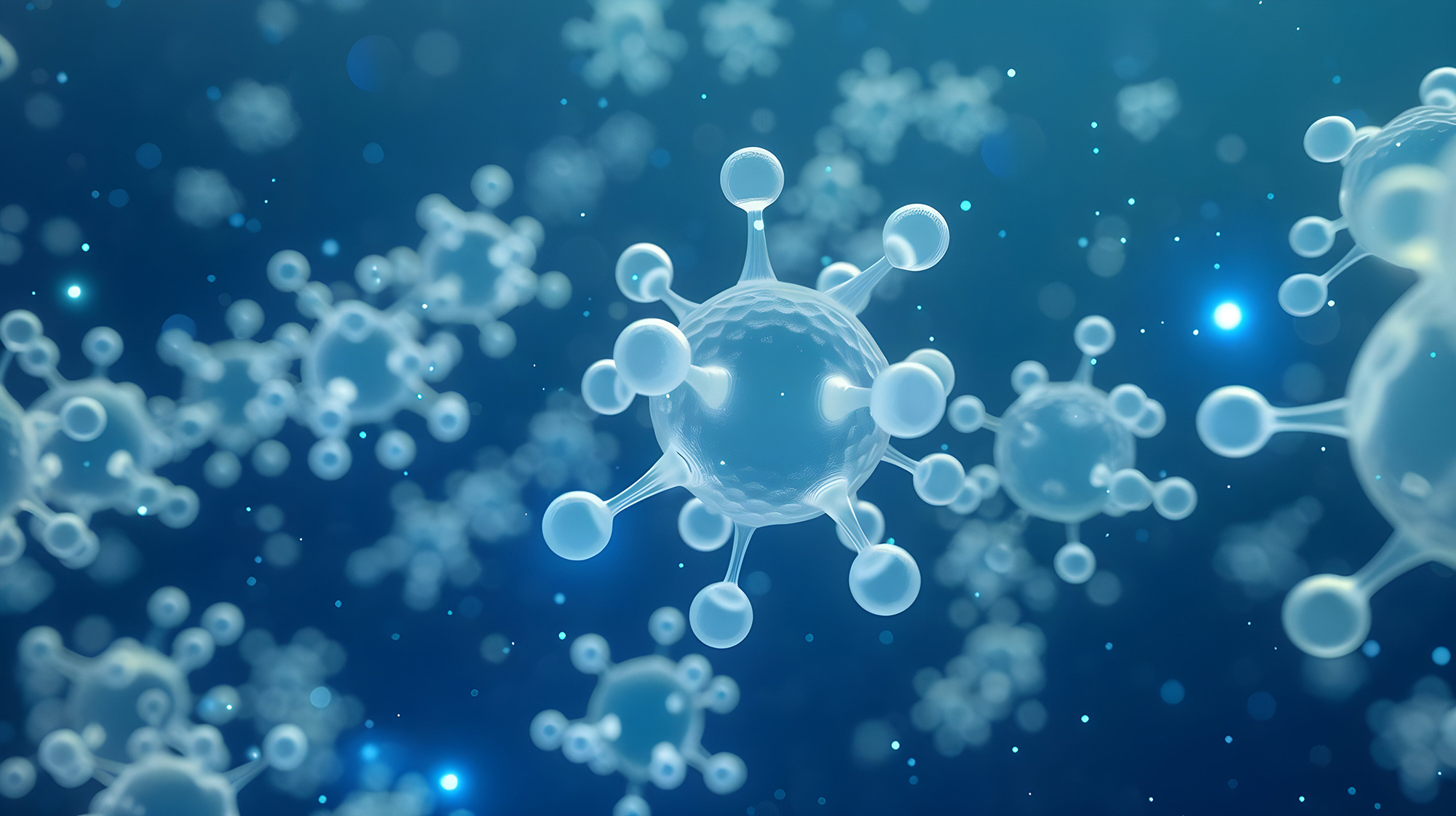
| Composition | Need a material composition we haven’t listed? Our scientists have experience synthesizing a wide variety of metal, oxide, semiconductor, and polymer nanomaterials. Whether you need process optimization and scale-up of an existing protocol, or the development of a new chemistry, we can help create your desired material. |
| Shape | Need a shape you don’t see listed? Our team has years of experience in the controlled nucleation and growth of nanoparticles to produce a variety of anisotropic materials, including nanocubes, nanoplates, bipyramids, and more. |
| Size | We stock a wide range of particle sizes and can fabricate additional sizes on demand. Many of our metal nanoparticles can be fabricated with nanometer control over dimensions up to 200 nm. Polymer, metal oxide, and core/shell particles can be produced with sizes up to 1 µm. |
| Optical Properties | We can tune the absorbance and scattering of materials throughout the visible and infrared spectrum by changing the morphology and composition of the nanomaterials. Additionally, we can incorporate fluorophores for light emission at desired wavelengths or attach reporter molecules to give strong Raman signals. |
| Surface Chemistry & Conjugation | Need a specific surface charge, spacing ligand, or conjugated biomolecule? Our standard gold and silver nanoparticles have a variety of different anionic, cationic, neutral, and hydrophobic capping ligands available. Our scientists are adept at fabricating nanomaterials with specific functional groups, polymers, biomolecules, and inorganic coatings, as well as working in various types of solvents. |
| Concentration | Need solutions with a high optical density, or concentrated as an additive for composites? We have developed techniques for processing and stabilizing particles at high concentrations. Need something less concentrated for immediate use in your application? We can work with you to do that, too. |
| ISO/cGMP Compliance | We are experts in nanomaterials fabrication for every phase of development from proof-of-concept through commercial manufacturing. Our team is ready to support your project from design and scale-up to full production under cGMP/QSR controls and our ISO 13485:2016 quality system. |
| Scale | Already have the nanomaterial properties you need, but just need more? Our process development and manufacturing teams have extensive experience in the scale-up and bulk manufacture of a wide variety of nanoparticles, ensuring scalability without sacrificing quality. |